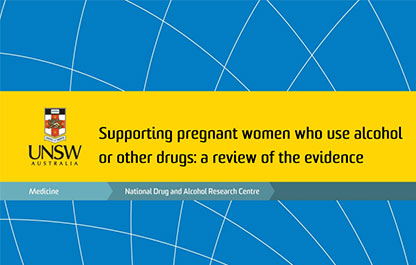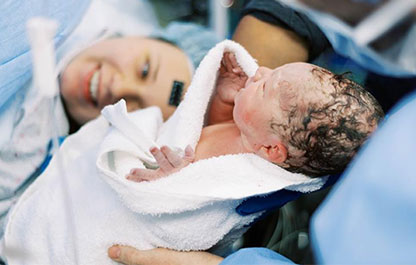While poverty and unemployment may be contributing to drinking in some populations, Australian research has found that in mainstream public antenatal care, higher income and tertiary educated women were 2-4 times more likely to drink alcohol throughout pregnancy than women with only secondary school education.
The risk of harm from alcohol is hard to predict and is different for everybody. This is because factors such as the mother’s age, her general health and any medical conditions she may have, her levels of stress, other drug use and smoking, and even her body composition can influence how alcohol is metabolised and therefore the risk of harm to the developing baby. The genetic makeup of mother and baby can also make a difference in this process.











